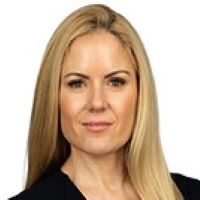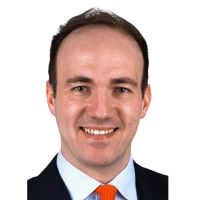
Family Offices and Endowments
Capital at risk. The value of investments and the income from them can fall as well as rise and are not guaranteed. Investors may not get back the amount originally invested.
2025 Global Family Office Survey

Why Family Offices and Endowments partner with BlackRock
With an exclusive focus on asset management, BlackRock’s dedicated team of family offices and endowments experts seek to provide access to an array of investment opportunities across the risk-return spectrum. Our clients include a diverse list of single and multi-family offices, private foundations and endowments and consultants.
What we offer family offices and endowments
Working directly with the firm’s active equity, fixed income and alternatives investment managers from around the world, BlackRock’s family office and endowments team leverages the business’ global presence to provide customised strategies for our clients. Furthermore, we dedicate substantial resources to our risk management platforms – such as BlackRock Solutions® - and collaboration between our risk and quantitative analysis group and investment professionals to monitor and help manage, although not fully eliminate, risk.
For illustrative purposes only.
Meet our family offices and endowments team
With local expertise across EMEA, BlackRock’s dedicated family offices and endowments team serves as a central point of contact for investment and risk management services.










